Herman Kojo Chinery-Hesse is a Ghanaian technology entrepreneur who believes that information technology has the power to transform Africa on a social, political, and economic scale. Launching this March, Chinery-Hesse is bringing old mythological and ancient African folktales to audio with a new audiobook app called African Echoes.
African Echoes features up to 50 original and unpublished African works that have been translated into multiple African languages, including Yoruba, Amharic and Swahili. African storytellers from across the continent will be able to pitch their stories to African Echoes by sending voice notes in their native language. These pitches will be evaluated by Chinery-Hesse’s creative team before being recorded in their studio.
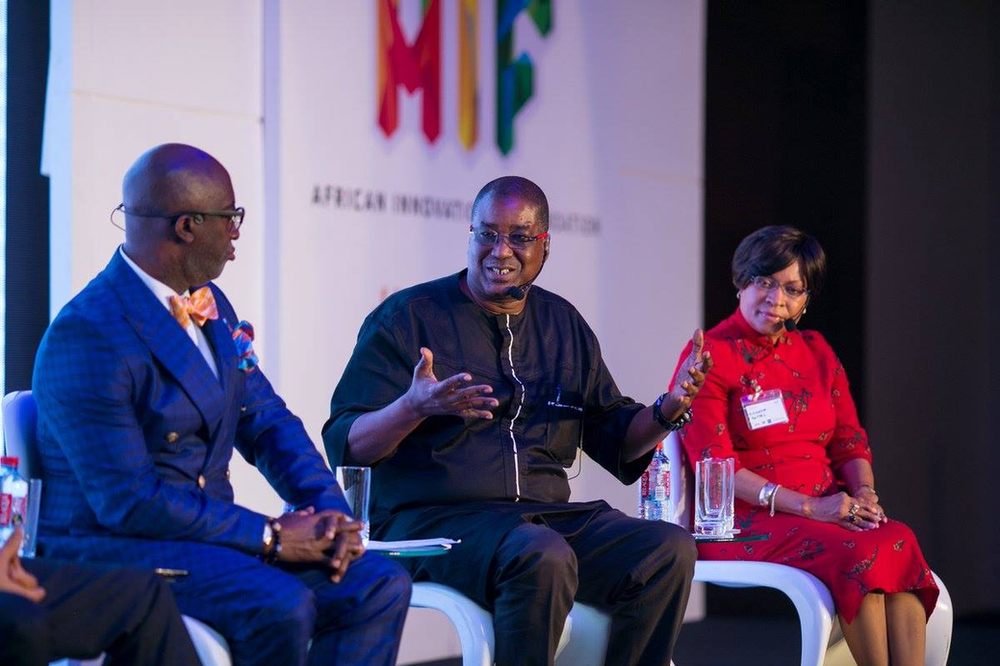
THE BILL GATES OF GHANA
Chinery-Hesse isn’t new to technology, in fact he is the founder of SOFTtribe, the oldest and foremost software company in Ghana. SOFTtribe provides management systems to over 250 companies, including Guinness, Unilever, Ford Foundation, and Nestle. In 2005, the company won the Millennium Excellence Award for IT. Hesse also made the list of 15 Black STEM Innovators.
Chinery-Hesse was born in Ireland, studied in America, and worked in England. He came to America in 1990 with only a computer which he used to write programs that he would sell. When he was ready to start his software company, he knew that Africa was the place that he would do it. He believed that if he started his company in America, he wouldn’t get the same opportunities that he would in Ghana.
“It would be an uphill battle, whereas in Ghana the sky was the limit. Also, I’m African: we need development here and it’s Africans who are going to develop Africa.”- Hesse
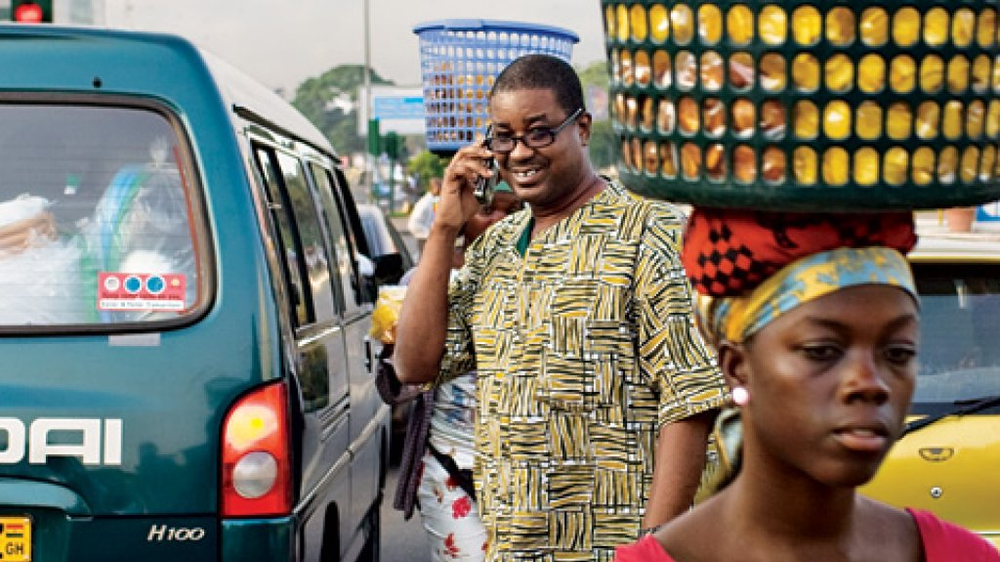
The only problem Chinery-Hesse said the technology industry runs into in Africa is that it is hard to reach African residents in rural areas. Internet access and mobile data is limited. According to International Telecommunication Union estimates, in 2019 only 28% of Africans used the internet. Although landlines and PCs remain scarce in Africa, almost everyone has a cell phone. This is what led Hesse to come up with the idea of African Echoes and how to make it accessible to everyone.
“I think that there is so much opportunity in Africa, there is so much underdevelopment, there is so much that hasn’t been done, that it’s not rocket science. If you have the discipline, take the dive,” Mr. Chinery-Hesse tells other people considering becoming entrepreneurs.
AFRICAN ECHOES AUDIOBOOK
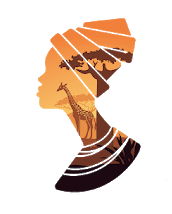
African Echoes is now ready to download. So far it is has a 3 out of 5 star rating due to reviewers stating that they would prefer a pause button in the middle of stories so they can go back and listen to it. Well, the developers are open to making African Echoes as user friendly as possible and take all suggestions seriously. The app is only available on Android, and each story cost $1 to download.
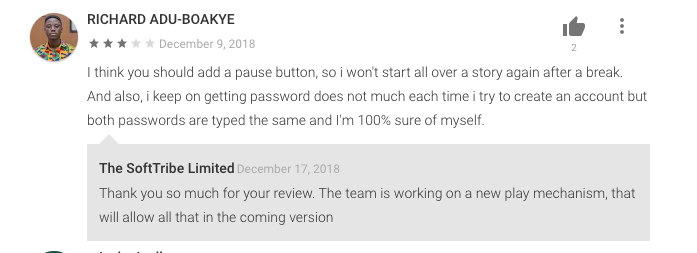
African Echoes currently runs out of Chinery-Hesse’s home in Freetown, Sierra Leone, stocked with recording equipment that is used to record up to five stories a week. It is funded by SOFTtribe spending under $100,000 to launch. Chinery-Hesse says that he purposefully avoided fundraising to ensure the company remained entirely African-owned.
Frank-Karefa Smart is one of the unpublished authors on the app, telling his story of life working in New York during the time of the Civil Rights Movement and across West Africa during the diamond trade. Chinery-Hesse hopes that stories like these will connect the continent in a broader way.
“The stories we are going to produce are coming from all of Africa. It’s not city to city. It’s mobile phone to mobile, so village to village. The whole world gets to watch and hear African stories from Africans across the continent,” he says.
Chinery-Hesse prefers to keep Africa African in all aspects including; technology, history, science. He wants Africans to be less concerned about what other countries think of Africa, saying the perception of Africa is wrong.
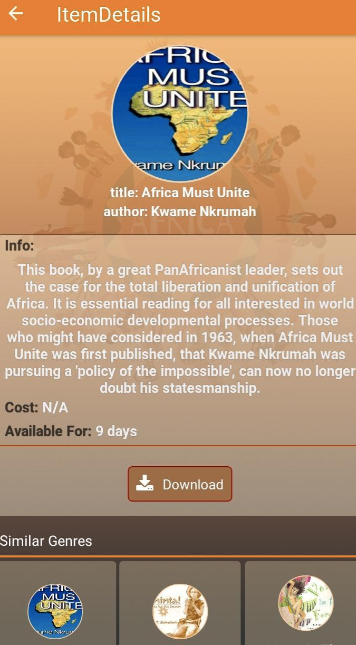
“Some populations are misinformed; at this stage it’s their loss rather than ours. We need to be concerned about it as Africans less and less.”
“No matter how much money comes to us from outside aid and so on, our real investments are coming from within Africa, Brazil, China, India. They don’t think there’s anything wrong with Africa.”
“We would like a situation where non-Africans can listen to African stories told by Africans, in an African way,” he adds.
Powered by WPeMatico


